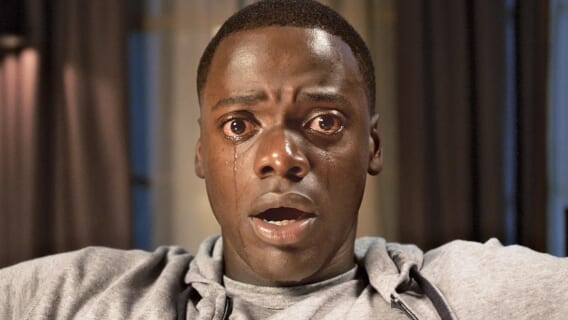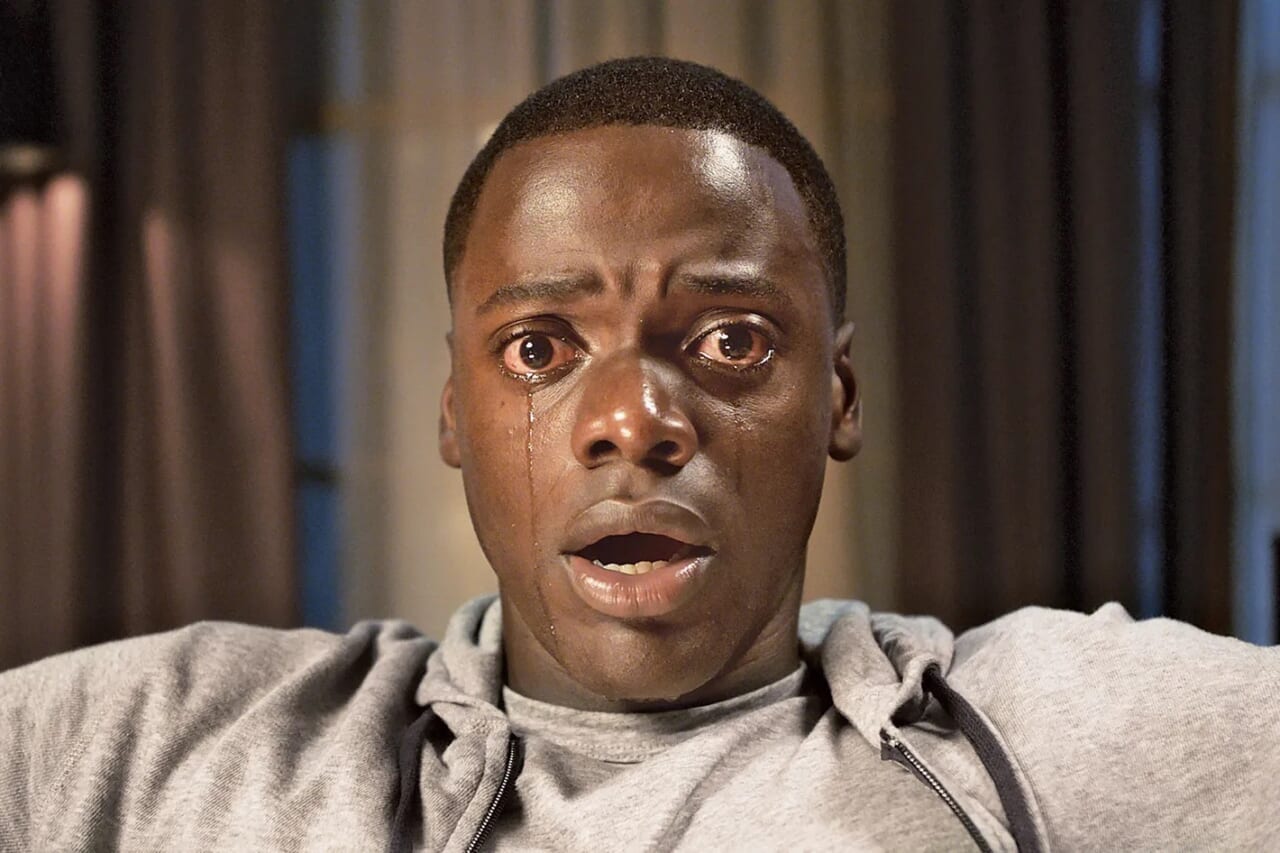Products You May Like

Though still one of the most underrated genres in the entertainment industry, Black horror and science fiction have evolved from stereotypical and marginalization of the past to the empowerment and diversity of the present. The representation of characters in books and films has often gone beyond just entertainment be it either in books or films, characters are often a representation of people, and as such the misrepresentation of Black characters served an agenda.
Today, Black representation serves as a means of expressing and exploring the diverse and complex experiences of Black people around the world. In the horror and sci-fi genres, Black representation has achieved more recognition and influence in the past couple of years than ever before in the history of cinema and literature. Black authors and filmmakers continue to push and challenge all stereotypes and tropes that usually marginalize Black characters and culture, by producing creative and acclaimed films and books that examine the intricacies and subtleties of Black identity, culture, and experience.
These new representations of Black works have offered alternative versions and perspectives that celebrate Black identity in a way it has never been before. They’ve invited the audience to reflect on their assumptions and biases and to appreciate the richness and diversity of Black culture rather than the early representation of these characters.
Also Read: Dewayne And Black Queer Horror Excellence In ‘The Blackening’ [The Lone Queer]
Black authors and filmmakers today have had their work cut out for them, and yet they’ve excelled. This was done by challenging the dominant narratives and images of blackness that had been historically shaped by colonialism, slavery, and racism. They have created works that affirm and showcase the beauty, strength, and creativity of Black people and their culture. This action brought by these new authors and filmmakers has encouraged not just Black audiences, but people of all races to question their own views and attitudes towards blackness to recognize and respect the multiplicity and diversity of Black experiences and expressions.
In light of this year’s Black History Month celebration, it’s important to acknowledge and celebrate the contributions and achievements of Black authors, filmmakers, actors, and artists who have helped shape and enrich these genres. They’ve inspired and empowered Black audiences to see themselves and their communities in positive and complex roles. Their works have also helped Black people to connect with other cultures and experiences.
In all this success of accurate representation, it’s only right to appreciate and honor authors and filmmakers like N.K. Jemisin, Nnedi Okorafor, Victor Lavalle, Tananarive Due, Jordan Peele, Ryan Coogler, and Nia DaCosta, to name just a few, who have brought Black representation to horror and sci-fi with such accuracy. These authors and filmmakers have expressed and displayed a variety and depth of Black narratives and experiences. Therefore, it’s important to celebrate their achievements and progress in the struggle for equality, media diversity, and proper representation in films and books.
Also Read: Are You Okay, Girl?: 10 Movies That Underutilized Black Women
Though we acknowledge that there are still many difficulties and barriers to Black representation in the horror and sci-fi genres, we also recognize the achievements. For example, we acknowledge books like The Good House by Tananarive Due and Fledgling by Octavia E. Butler. These books are sophisticated and well-crafted works that show Black people from a new perspective, which reflects their courage and endurance in dealing with past and present horrors. They also offer a captivating and inspiring story for Black readers.
Accurate representation in films and books matters greatly in our interlinked and globalized world. It should not be compromised because of some people’s sentiments about a certain race. The movement for diversity, inclusivity, and accurate representation is a movement that cannot be ignored anymore. It’s not just about fairness or ethics.
Also Read: Black History Month Events at Dread Central: Screenings, Live Podcasts, and More!
For film producers and authors, it is also about tapping into a wealth of different perspectives that fosters innovation, while also creating a sense of belonging for everyone. Diversity and inclusion are meant to make us stronger, more adaptable, and better equipped to face the challenges of the modern world, one where people of all races and skin tones work together to create a society that functions on mutual respect and understanding. Diversity in industries is how we recognize and appreciate our differences. It isn’t just about ticking boxes for gender, race, or religion, but rather for valuing different perspectives that stem from unique experiences.
To understand Black representation is vital, not just in the horror and sci-fi genre, but in all forms of entertainment. It influences our social interactions and mirrors our common aspiration for liberty and dignity. We all must participate in these dialogues with curiosity, compassion, and a deep awareness of societal challenges. It’s the only way to create a society that embraces diversity and fairness, one where there is unity among people from all origins, cultures, and identities.
Categorized: Editorials

